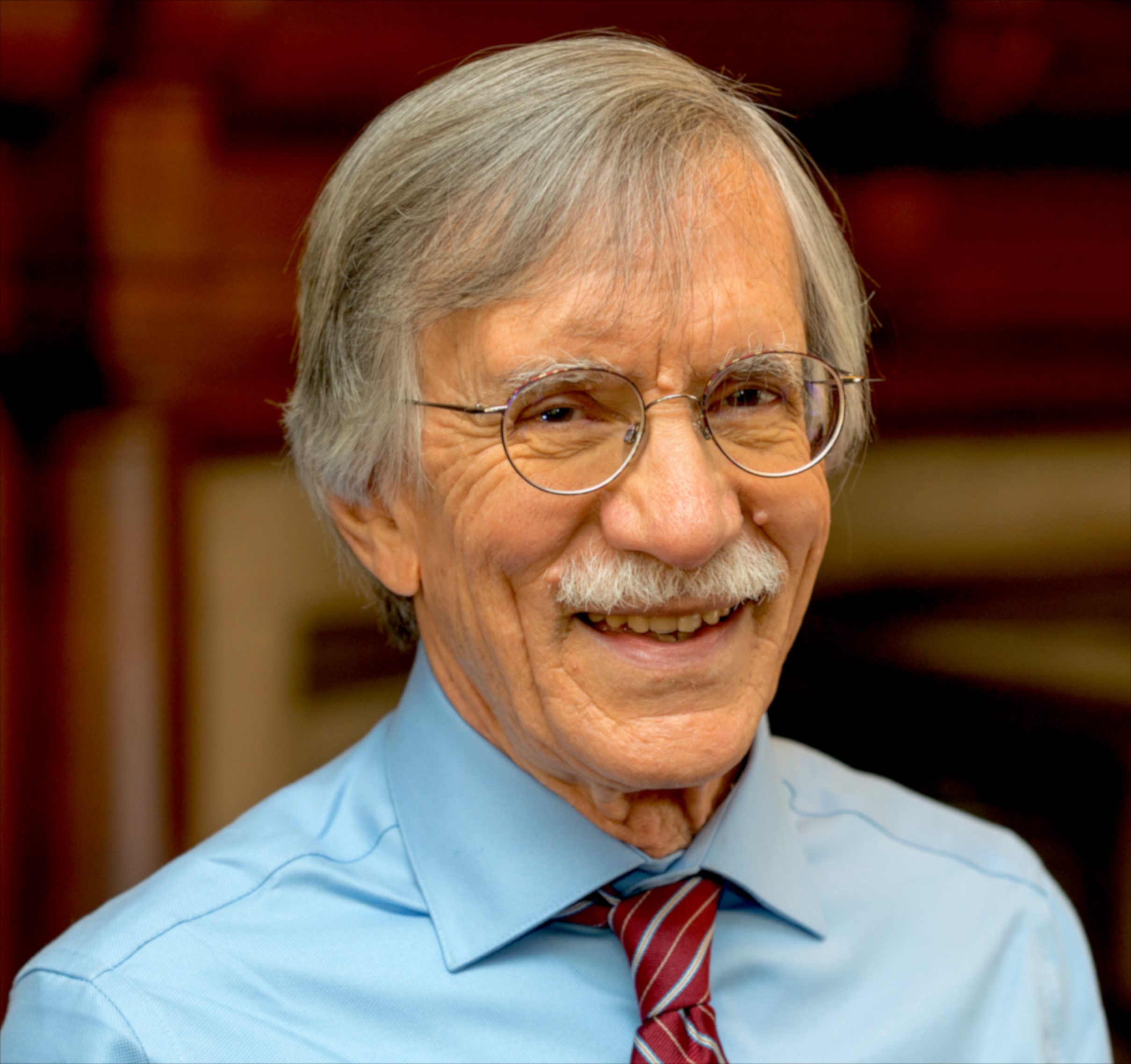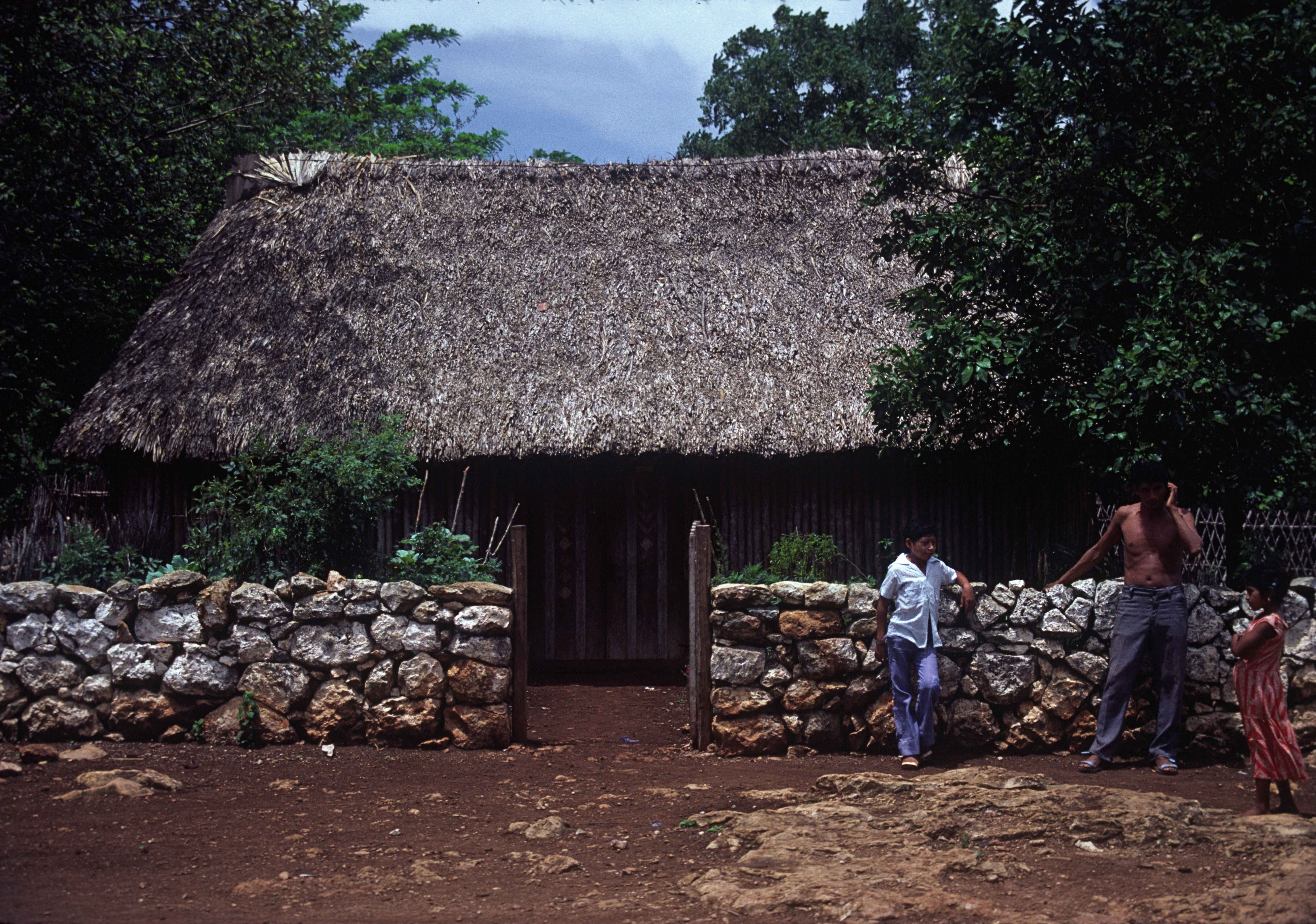54th Journal of Anthropological Research (JAR) Distinguished Lecture: Dr. John Lucy presents The Influence of Language Structure and Function on Thought: A Comparison of Yucatec Maya and American English
-Event-

Start Date: Apr 27, 2023 - 07:30pm
Location: Anthropology Lecture Hall 163
On Thursday, April 27 at 7:30 pm in Anthropology 163, Dr. John A. Lucy will present the 54th Journal of Anthropological Research (JAR) Distinguished Lecture: The Influence of Language Structure and Function on Thought: A Comparison of Yucatec Maya and American English. The following day, he will present a specialized seminar at noon in Anthropology 248 entitled Lessons for Anthropological Fieldwork from Research on Linguistic Relativity. Both events are free and open to the public.
JAR Distinguished Lecture: The Influence of Language Structure and Function on Thought: A Comparison of Yucatec Maya and American English
Thursday, April 27 at 7:30pm
Anthropology Lecture Hall (Room 163)
Within anthropology, three types of influence of language on thought have been important in the discipline: the semiotic, the impact of having a symbolic language at all (e.g., in studies of human ontogeny and phylogeny); the structural, the impact of using particular lexical and grammatical structures (e.g., in studies of cognitive and cultural variability); and the functional, the impact of developing specialized uses of language such as literacy, standardization, ritual (e.g., in studies of education and language revitalization). These three issues are often treated as distinct and taken up by separate groups of scholars. This talk will make the case for the intrinsic interconnectedness of these three areas via a review of how they intertwine in my own research. An initial set of studies comparing Yucatec Maya and American English speakers shows how the specific number marking structures of the two languages influence speakers’ patterns of thought. A second set of studies identifies middle childhood as the period when these structural influences emerge in both language groups and draws out the implications for cognitive development, first language development, second language acquisition, and human evolution. A third, more recent line of research explores efforts to cultivate the key structural features of language emerging in middle childhood in the service of social institutional practices such as literacy, education, standardization, etc., and poses questions about the impact of these efforts on individual thought, cultural reproduction, social inequality, language preservation, and the scientific enterprise itself. Specialized Seminar: Lessons for Anthropological Fieldwork from Research on Linguistic Relativity
Specialized Seminar: Lessons for Anthropological Fieldwork from Research on Linguistic Relativity
Friday, April 28 at 12 noon
Anthropology 248
This seminar will revisit some classic methodological challenges in anthropological fieldwork by emphasizing how work on linguistic relativity complicates those issues. Various challenges to translation and interpretation cannot easily be resolved by appeal to our understanding of an independent reality since the issue at stake is how the reality itself is constructed in different communities. The balance of the discussion will center on presenting several approaches that can help attenuate these issues including how to tackle the analysis of local meanings, both structural and functional, and how to leverage various comparative methods, both areal and typological. For each approach, examples will be given of my own experiences coping with specific problems of language analysis, drawing out in each case the broader methodological and conceptual lessons for cultural analysis more generally.
Both events are free and wheelchair accessible. If you don’t have a UNM permit, please park in a metered space along Redondo Rd. or Las Lomas to avoid a fine. The Journal of Anthropological Research has been published quarterly by the University of New Mexico since 1945. To subscribe: journals.uchicago.edu/JAR
